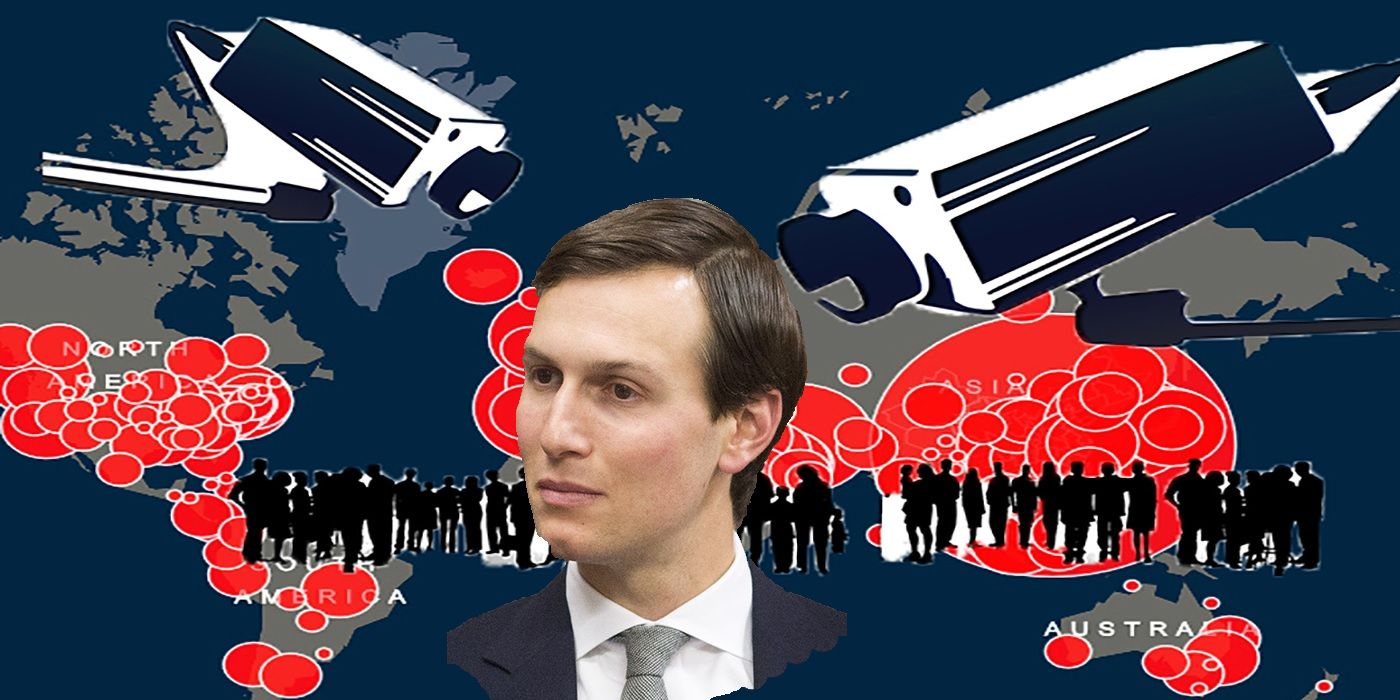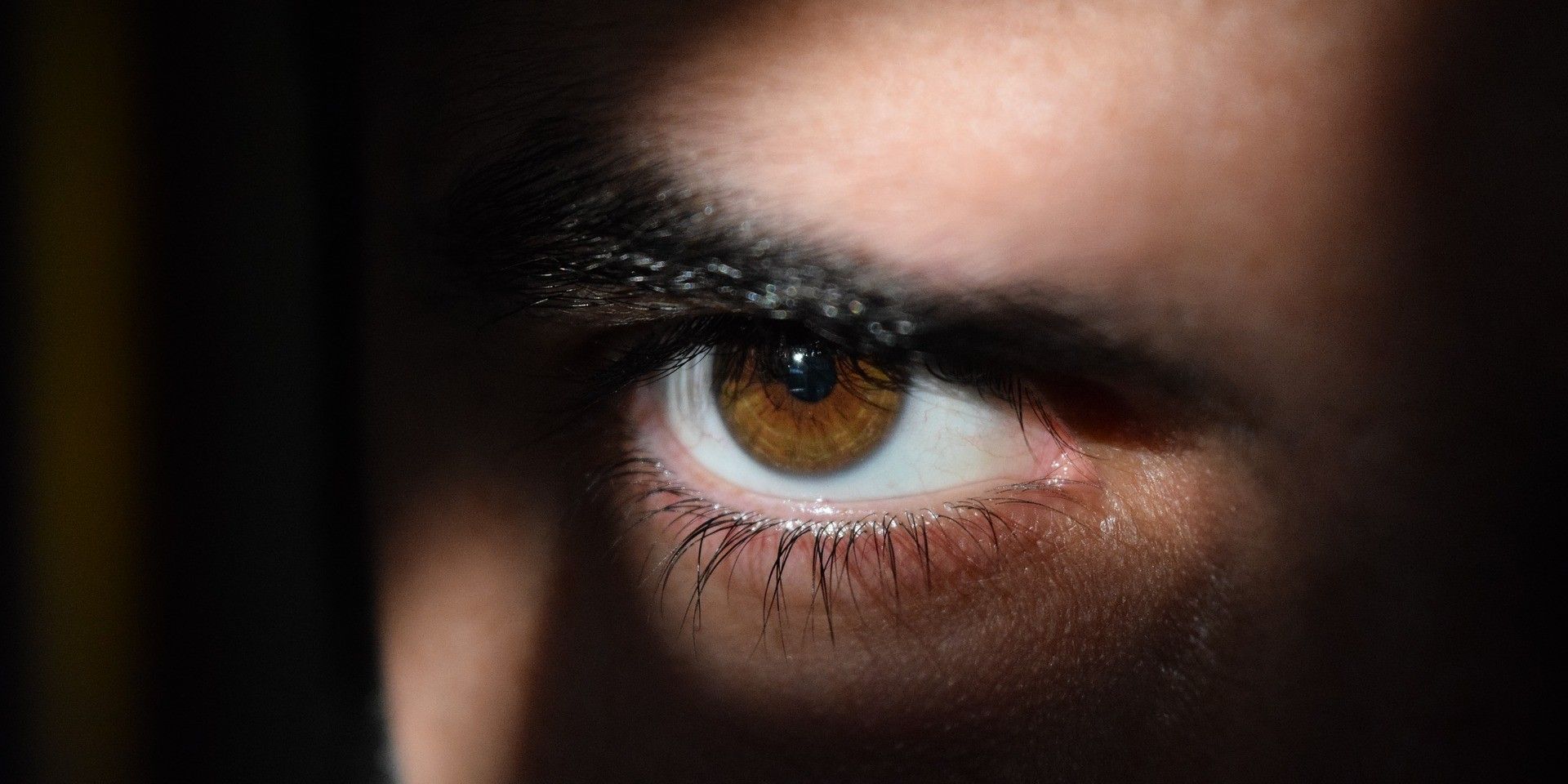White House senior adviser, Jared Kushner, is reportedly pushing for a national coronavirus surveillance system to tackle the outbreak. Although the US government is already using a location-tracking mechanism to contain the spread, Kushner's surveillance system might be taking things much further and could prove to be a privacy nightmare for Americans.
Several apps and tracking systems are already being used to monitor the outbreak across the world. While most of these involve using unidentified location data, they have still raised concerns regarding privacy. Data security has always been a worry due to the sheer amount of apps that harvest all kinds of sensitive personal data, and often by using various questionable measures. The coronavirus outbreak has arguably given some sort legitimacy to the data collection by big tech companies, and especially those working on digital solutions to help contain COVID-19.
Due to the urgency of the situation, Kushner's push for a comprehensive national surveillance system threatens to be overlooked by Americans who are currently concerned with the outbreak. As Politico reports, such a system would give government the ability to know, in real-time, where people are seeking treatment, the kind of illness they are being treated for, and whether hospitals have the capacity to take them in. Kushner is reported to have reached out to a number of health technology companies already to collaborate on the project.
A Surveillance Behemoth In The Making
The new system, which relies on individual patient data, could help in letting the government decide on when to relax social-distancing measures in different parts of the country. The report found a memo submitted to the administration by healthcare companies Collective Medical, PatientPing and Juvare, which suggested that they will be able to collectively provide sensitive health information on 80 percent of Americans. Meanwhile, health technology company Audacious Inquiry presented a separate memo suggesting an alternate surveillance network for tracking hospital bed availability and medical supplies. Although the government already has the power to access health information for national security reasons, a single gigantic database on all Americans is a dangerous prospect for data security as well as civil liberties. Some in the report likened the situation to a data-based version of the Patriot Act, passed in the aftermath of 9/11.
Building a mass-surveillance system, in collaboration with healthcare and technology companies, has the potential to offer these companies even more influence than they already have. While also providing them with access to a significant amount of personal data that they otherwise might have found difficult to collect. All of this is overshadowed by the fact that tech companies don't have the best record when it comes to data access and protection. Therefore, while it is important for governments to be decisive and, if necessary, take drastic measures, any form of mass-surveillance (and its effects) need to be carefully thought through. Kushner's project could prove to be too far beyond those limits, and difficult to come back from after the threat of coronavirus has passed.
Source: Politico


